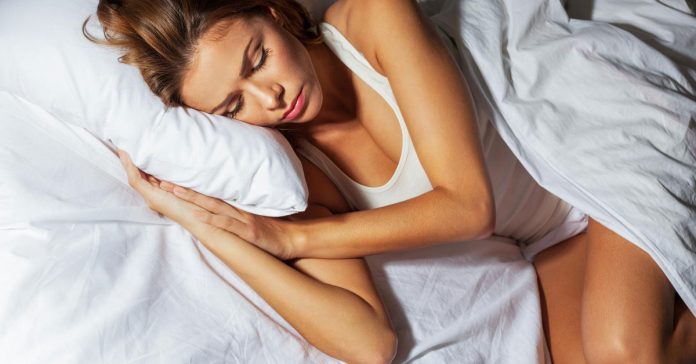If you’re looking for ways to work around your night sweats, we’ve gathered everything you need to know – from finding a more absorbent foam mattress topper, to knowing when it might be time to see a medical professional for help.
Waking up with the sheets of your bed soaked through with sweat, means you’re probably struggling with a case of the night sweats. Sweating while sleeping is a common affliction in the United States: according to one survey conducted by the North American Menopause Society, around 75% of perimenopausal women in the US experience this.
Habits That Might Induce Night Sweats
Habits you practice in your day to day life can deeply impact your sleep cycle. Dropping a few unhealthy habits can make a really significant difference in the quality of sleep you get at night, and even reduce symptoms of night sweats.
Alcoholic and caffeinated drinks can both have negative impacts on your sleep cycle and are both equally likely to cause disturbances to your sleep cycle. The nicotine present in smoking and inhaling secondhand smoke can be equally harmful to your sleep, and contribute to sweating while sleeping.
Some unexpected habits can also have a detrimental effect on your sleep. Avoid eating spicy foods right before going to bed, or wearing tight, restrictive clothing at night – both of which can actually exacerbate your night sweats.
How To Keep Your Bed Cool Through The Night
One of the best ways to deal with sweating while sleeping is by optimizing your sleep set up to ensure you’re maximizing airflow and keeping things as cool as possible. The best mattresses are engineered with temperature regulation in mind. Finding the best mattress for a cool night’s sleep is simple.
First, you’ll want to choose the right mattress – the best mattress type for cooler sleep tends to be hybrids since their combination of innerspring and memory foam naturally encourage more airflow. Next, you’ll want to choose cooling sheets and bedding to go along with your new mattress.
Even the best mattresses can benefit from some cooling bedding. Thicker or heavier material can be disruptive to a good night’s sleep and can cause more sweating while sleeping. Maintaining airflow in your bed by using lighter, cool layers of bedding will prevent this from happening.
Medical Conditions Behind Night Sweats
Even if you do have the best mattress you can buy for cooling sleep, if you’re not sensing any improvement in your sleep cycle, then you might want to check with your local physician or doctor to see if there’s an underlying problem.
There are a couple of different medical conditions that might be the root cause of your night sweats. Women going through menopause struggle with night sweats routinely. Other bacterial infections such as endocarditis and osteomyelitis can also cause issues.
Finally, anxiety can be a revealing reason behind your night sweats. When the body is stressed out, it can remain overactive throughout the night, resulting in sweating while sleeping.
Know when to recognize any other symptoms of these diseases and be sure to flag your symptoms with a physician who can provide you with some insight on how to improve your sleep cycle.
From finding the best mattress you can for your sleep to getting your diet right, there are plenty of ways to deal with your night sweats. Making gradual, positive, changes to your lifestyle, and ensuring you’re keeping your sleep cycle in check will allow you to minimize sweating while sleeping.


